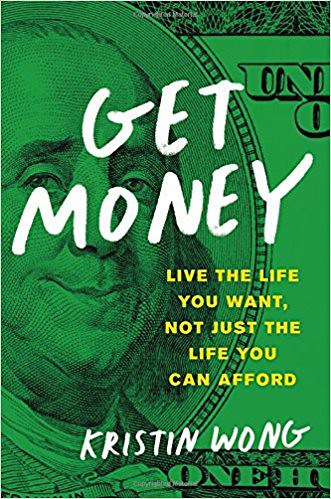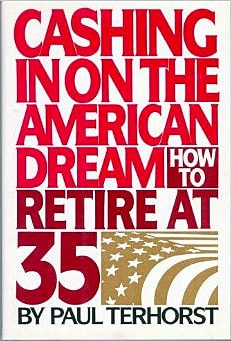What early retirement was like in 1957 (according to Life magazine)
Sometimes I hit the jackpot in my quest to find old material about retirement and early retirement. Last week, for instance, I was reading Early Retirement Dude's history of the financial independence movement when he mentioned a Life magazine photo essay about early retirement from February 1957. Say what?
Within minutes, I was reading the article via Google Books. Within an hour, I had ordered not just that issue of Life but three others with retirement articles. Within days, the magazines were on my doorstep. I'm telling you: We live in the future!
How to get rich and stay rich

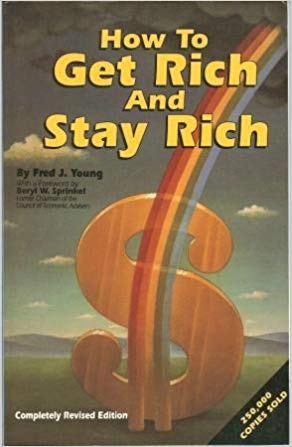
You see, everything about this book exudes scamminess. The title is scammy. The cover looks scammy. The amateurish formatting seems scammy. But the book is not scammy. How to Get Rich and Stay Rich is a marvelous prototypical book about early retirement. I enjoyed it.
Fred J. Young, the author, was born and raised in rural Tennessee during the 1910s. His family was poor, as were all of their neighbors. Young decided he wanted to do something more than be a farmer, so he left Tennessee to become a lawyer. After military service, he worked for Harris Bank in Chicago, where he spent three decades advising wealthy clients.
How to retire young

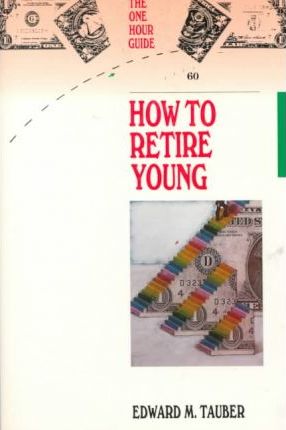
While browsing Oregon's best used bookstore earlier this year, I stumbled on a 1989 book called How to Retire Young by Edward M. Tauber. Tauber retired at the age of 43 from a tenured full professorship as Professor of Marketing at the University of Southern California. He's written a number of marketing textbooks, but this was his first (and only?) foray into the realm of personal finance.
How to Retire Young is one of the oldest books I've found on the subject of early retirement. It's fun to see how much of the modern financial independence movement is foreshadowed in the book's pages.
Thinking in Bets: How to make smarter decisions
I read a lot of books. Nearly every book has some nugget of wisdom I can take from it, but it's rare indeed when I read a book and feel like I've hit the mother lode. In 2018, I've been fortunate enough to read two books that I'll be mining for years to come.
The first was Sapiens, the 2015 "brief history of mankind" from Yuval Noah Harari. I finished the second book yesterday: Thinking in Bets by Annie Duke. Duke is a professional poker player; Thinking in Bets is her attempt to take lessons from the world of poker and apply them to making smarter decisions in all aspects of life.
"Thinking in bets starts with recognizing that there are exactly two things that determine how our lives turn out," Duke writes in the book's introduction. Those two things? The quality of our decisions and luck. "Learning to recognize the difference between the two is what thinking in bets is all about."
Book review: Get Money by Kristin Wong
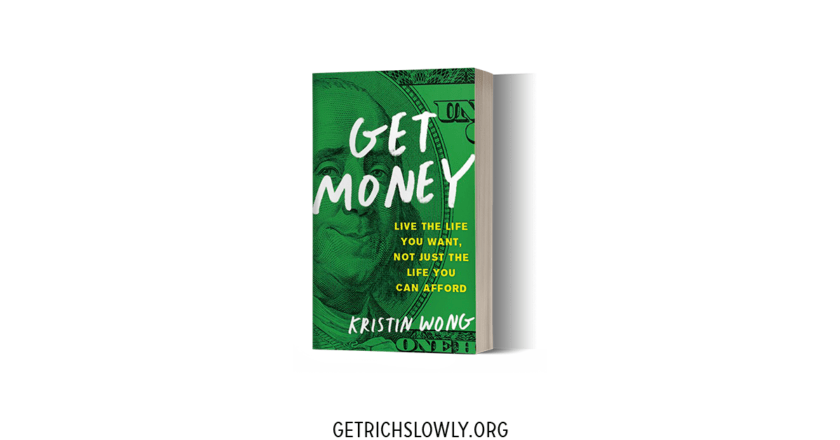
Over the past decade, I've attended a variety of camps and conferences to speak to people about money. Most of these events are money-related, but every once in a while I'm asked to speak at a non-financial function.
In 2011, for instance, I was on a panel at the International Game Developers Association summit, which is a conference for videogame designers. (How perfect for nerdy ol' me!) My colleagues and I spent an hour discussing the "gamification" of personal finance — learning to manage money using techniques more commonly associated with games. Continue reading...
Cashing in on the American Dream: How to retire at 35
All his life, Paul Terhorst wanted to be rich. Even in grade school, he looked forward to having a corporate job, to joining the world of big business. "I didn't just dream about money and power and expense account living -- I planned for it." He grew up and made it happen.
He got his MBA from Stanford. He became a certified public accountant and joined a large accounting firm. At age 30, he became a partner in the company. He had "a huge office, a leather chair, and a view of a polluted river". He'd achieved everything he'd always dreamed about.
Work less, live more: The pros and cons of semi-retirement

In 1988's Cashing In on the American Dream, Paul Terhorst wrote about retiring at age 35. Although his aim was to show readers the path to early retirement, he also sang the praises of temporary retirement -- retiring young with the idea that you might go back to work later in life.
As I mentioned a few days ago in my article on the five types of retirement there's another way to mix work with financial independence. In Work Less, Live More, Bob Clyatt makes the case for semi-retirement.
The Way to Semi-Retirement
In many ways, Work Less, Live More (published in 2005) reads like an updated (and more detailed) Cashing In on the American Dream. Even the author bios sound similar. Here's how Clyatt describes his background:
Book review: Meet the Frugalwoods
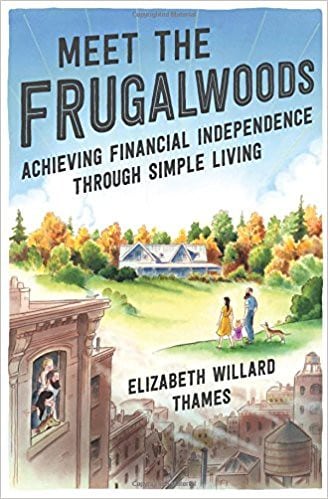
From time to time, somebody will publish a book like David Chilton's The Wealthy Barber, which provides financial advice in the guise of a story, but these attempts are very, very rare. (It's a bit ironic that one of the oldest, most revered personal finance books -- The Richest Man in Babylon -- is story based, yet few have followed in its footsteps.)
All this is to say: For years, I've believed there's a hole in the market waiting to be filled, a place for a story-based book about money.
Money Without Matrimony: Financial advice for unmarried couples
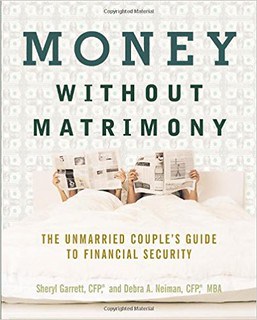
As difficult as marriage and money can be, things are even tougher for unmarried couples. There's a maze of legal, financial, and emotional issues to navigate, but sometimes it's difficult to get good advice in a society that's geared toward married partners.
Kim and I have been dating for nearly six years now. We've been living together for almost five. For that entire five years, we've been slowly negotiating the financial implications. At what point to we designate each other beneficiaries in our wills? On our retirement accounts? What things do we purchase together? How intermingled do we allow our bank accounts to become? Who pays for which utilities? Or do we split the costs equally? What about groceries? Pets? Vacations? Gifts?
Book review: You Need a Budget

In a nutshell: By diligently applying four simple rules, you can move from being at the mercy of money to being a master of money.
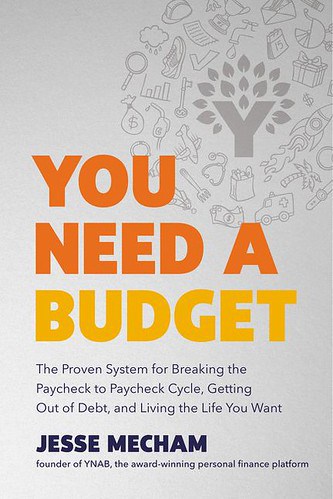
The Mechams felt flat broke.

